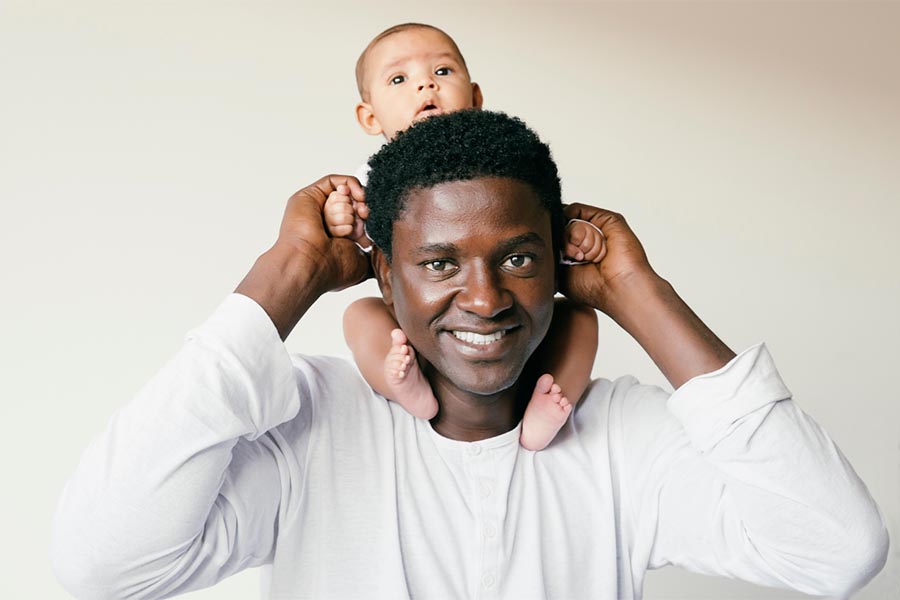Early Childhood

The goal of an Early Childhood evaluation is to narrow the student achievement gap in high-risk communities.
Projects in this areas focus on evaluating initiatives that enhance the quality of early education for infants, toddlers, preschoolers and their families.
Key Components
The critical elements of Early Childhood evaluations include:- Observations of the classroom or home environments.
- Analysis of the child outcomes including development, language, literacy and school readiness skills.
- Evaluation of parenting skills.
Sample Projects
Current programs that apply early childhood evaluation include:- Educare of Omaha is part of a national network providing equitable access to high quality early childhood care centers and education for children birth to age five.
- KidSquad works within early care environments, individually, collaboratively with families and collectively with childcare professionals to support quality early learning experiences in children’s lives birth to age five with an emphasis on social/emotional development.
- Office of Early Childhood provides leadership, guidance and support to: develop high quality environments for young children; promote equitable access to inclusive programs and services for all children from birth to age eight; facilitates state and community partnerships that address the needs of young children and their families; and, provides professional development, technical assistance and resources for personnel in childhood care and education settings.
- Results Matter of Nebraska measures child, program, and family outcomes to improve programs and supports for all young children birth to age five served by community early childhood programs.
- Rooted in Relationships partners with communities to implement evidence-based practices using the Pyramid Model to enhance the social, emotional and behavioral development and competence of children, birth through eight.
- Sixpence Early Learning Fund promotes opportunities for Nebraska’s most vulnerable children for success in school and life through high quality early learning in the first three years to meet specific needs of communities.